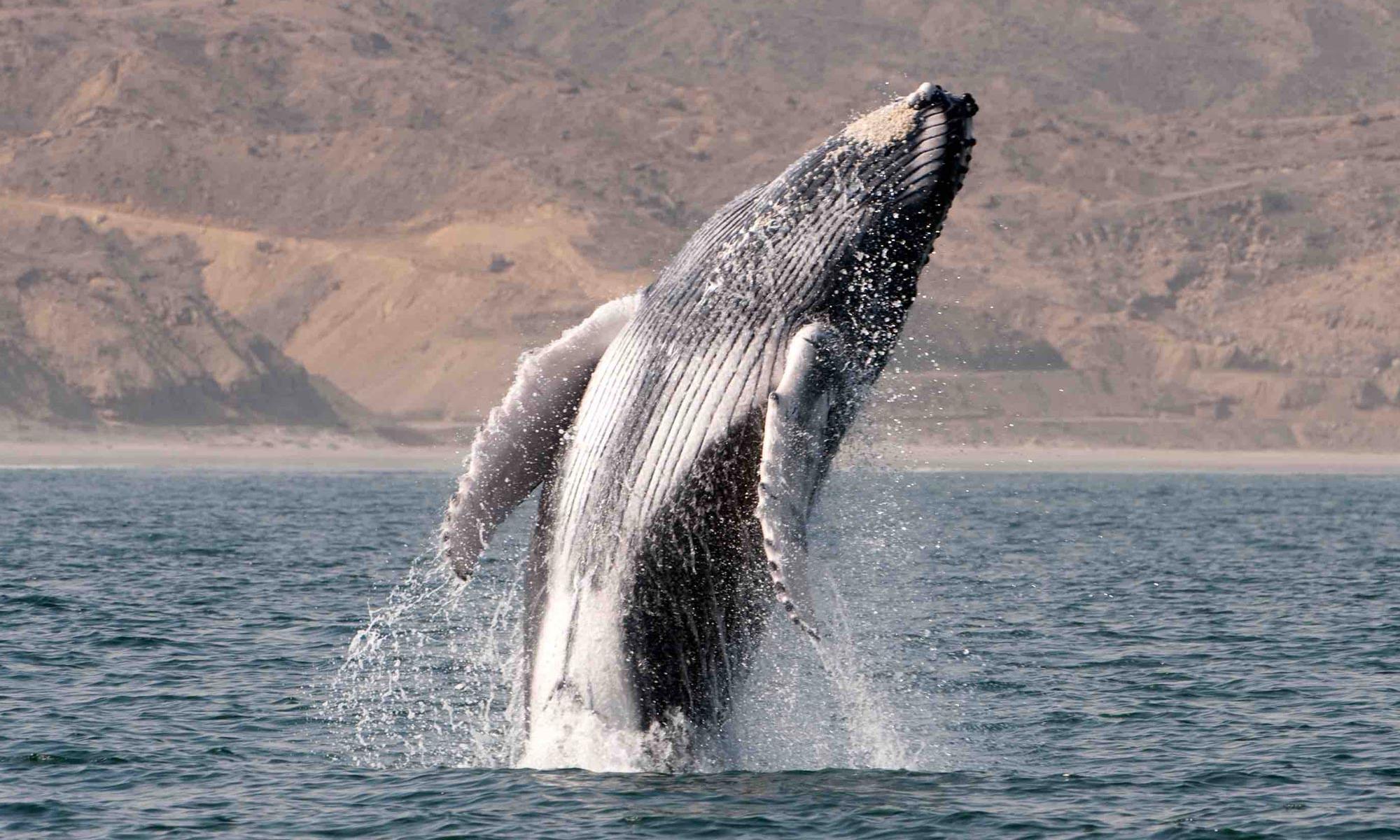Thirty years ago, in 1983, Peru accepted an agreement with the International Whaling Commission that prohibits commercial whaling. The agreement was made to give the existing population of cetaceans a time to recover from the depredation caused by the man. In 1930, according to statistics, approximately 50,000 whales were killed annually. Therefore, the Peruvian Government accepted the accordance a July 22nd of 1983. Later, the country rejected the start of a new season of «scientific whaling» proposed by Japan, which was based on a legal vacuum. Thus, Peru showed a commitment to the conservation of whales and respect for the integrity of whaling sanctuaries.

We must remember that the reason why so many whales are killed is to obtain the following products:
- Whale oil: Intended for industrial uses, lighting, and food.
- Spermaceti: Used in the production of cosmetics, lipsticks, and greasy pencils.
- Gray amber: Serves as a perfume fixative, considered the most valuable of the whaling industry products.
- Endocrine glands and liver: Used in the manufacture of pharmaceuticals, hormones, vitamin A.
- Meat: Represents 1.7% of the meat consumed in countries like Japan
Currently, some countries continue to allow whaling in their territories. However, this industry has suffered a decline and is maintained by rural communities that carry it out to maintain their cultural traditions and alimentation. For example, in Canada and Greenland, whaling is carried out by small Inuit populations, and in the United States, this activity is carried out by different indigenous communities in Alaska. Similarly, in Indonesia, the communities of the Lembata and Solor islands hunt whales as part of their culture and religious beliefs.
On the other hand, countries such as Iceland, Japan, and Norway resumed commercial whaling. However, the groups that defend the animals haven’t stopped their protests. It’s possible that at some point the predation of these giant aquatic mammals will stop and they will be able to live freely in the ocean.
Would you like the whaling to stop?